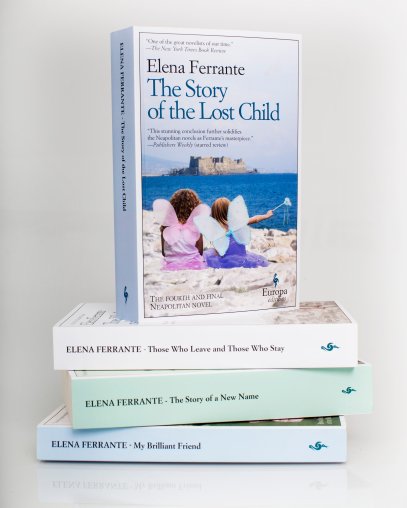
The bard of Naples
The story we hear most often about the Italian author Elena Ferrante is the story of her absence: her pseudonym and the deliberate choice to disengage from the world as an author. It’s odd, though, to imagine that a photo or biography could tell us more about Ferrante than her astonishing books, translated fluidly into English by the great Ann Goldstein, which together form a topographical map of an extraordinary mind. Her first three novels, Troubling Love, Days of Abandonment and The Lost Daughter, are knife-sharp, swift and disquieting; her four-novel Neapolitan story is an epic masterpiece, a Künstlerroman of sustained passion and fury. Elena and Lila grow up in macho mid–20th century Naples, fight for education, class and respect, become mothers and wives and lovers, incited by and resisting their own fiery friendship. Ferrante is a subtle subversive; the domestic, in her brilliant books, is a time bomb that ticks too loudly to ignore.
Groff is the author of Fates and Furies